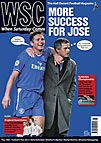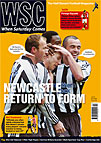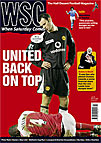 The death of 39 fans at the 1985 European Cup final was the culmination of an era when, as Mike Ticher recalls, English football appeared to be in terminal decline
The death of 39 fans at the 1985 European Cup final was the culmination of an era when, as Mike Ticher recalls, English football appeared to be in terminal decline
It’s the timeworn right of each generation to complain that things are not what they used to be. In 1983, Geoffrey Pearson’s classic work Hooligan: A history of respectable fears showed how at any given point in the past 150 years public opinion held firmly that society’s current state of violence and mayhem contrasted with a peaceful “golden age”, consistently located about 20 years previously. Oddly, the very time he was writing has proved the exception to his rule. In football at least, no one in their right mind would want to risk a return to the mid-1980s.

